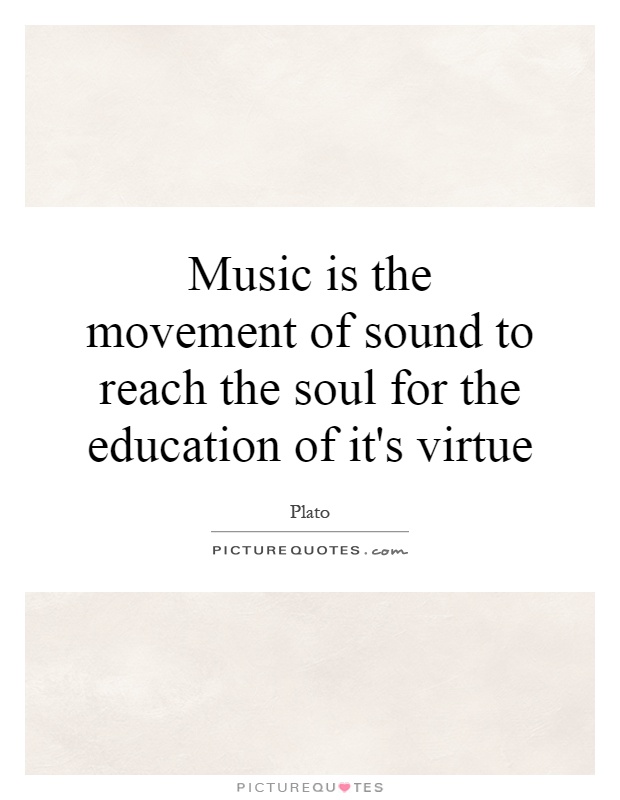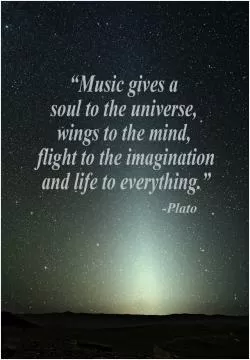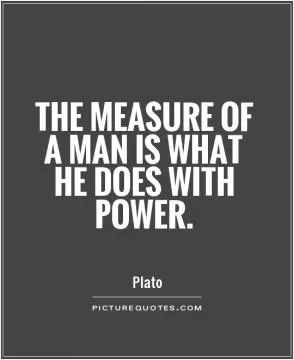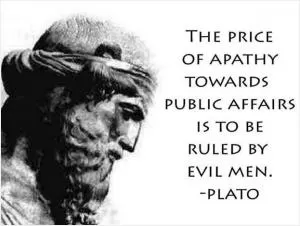Music is the movement of sound to reach the soul for the education of it's virtue

Music is the movement of sound to reach the soul for the education of it's virtue
In the world of ancient philosophy, Plato was a prominent figure who delved into the realms of music and its impact on the human soul. He believed that music was not just a form of entertainment, but a powerful tool that could shape and educate the soul, instilling virtues and moral values in individuals.Plato's famous quote, "Music is the movement of sound to reach the soul for the education of its virtue," encapsulates his belief in the transformative power of music. He saw music as a means of reaching the deepest parts of the soul, stirring emotions, and influencing behavior. In Plato's ideal society, music played a crucial role in shaping the character of its citizens, guiding them towards virtue and moral excellence.
According to Plato, different types of music had different effects on the soul. He believed that certain rhythms and melodies could evoke specific emotions and behaviors in individuals. For example, he warned against the use of certain musical modes that he deemed to be too emotional or sensual, as they could lead to moral corruption. Instead, he advocated for the use of music that was harmonious, balanced, and uplifting, as it could cultivate virtues such as courage, temperance, and wisdom.
Plato also believed that music had the power to unify individuals and create a sense of harmony within society. He saw music as a universal language that could transcend cultural and linguistic barriers, bringing people together in a shared experience of beauty and truth. In his famous work, "The Republic," Plato described a society where music was used to educate and inspire citizens, fostering a sense of community and mutual respect.
Overall, Plato's views on music reflect his belief in the transformative power of art and culture. He saw music as a sacred and powerful force that could elevate the soul, educate the mind, and inspire individuals to strive for moral excellence. In today's world, Plato's ideas continue to resonate, reminding us of the profound impact that music can have on our lives and our society.












 Friendship Quotes
Friendship Quotes Love Quotes
Love Quotes Life Quotes
Life Quotes Funny Quotes
Funny Quotes Motivational Quotes
Motivational Quotes Inspirational Quotes
Inspirational Quotes